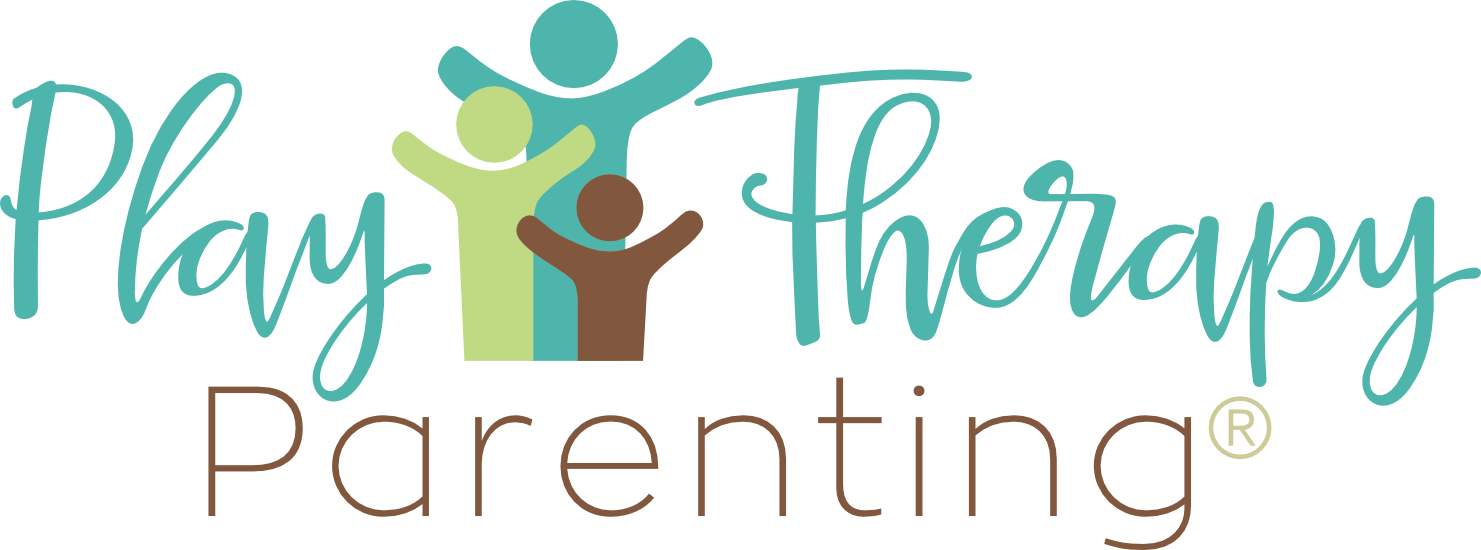S2E17 – Stop Fixing, Start Listening: A Game-Changing Approach to Your Child’s Feelings
In this episode, I discuss a practice from the child-centered play therapy model: sitting in the pocket of your child’s feelings. As parents, we often struggle to relate to our children’s intense emotions because we have the luxury of rational thinking. However, children live in their emotions to a degree that’s hard for us to comprehend.
I explain why it’s important to reflect your child’s feelings without dismissing or trying to fix them. By simply acknowledging their emotions and sitting with them in that feeling, we help our children feel heard and understood. This approach, while challenging for parents, actually benefits children in multiple ways. It gives them space to process their emotions, develop problem-solving skills, and learn to self-regulate.
I challenge parents to try this technique the next time their child expresses strong emotions. Instead of rushing to solve the problem or minimize their feelings, reflect the emotion and then sit quietly with them. It may feel uncomfortable at first, but it’s a powerful way to support your child’s emotional growth and resilience.
Ask Me Questions: Call (813) 812-5525, or email: [email protected]
Podcast HQ: https://www.playtherapyparenting.com/
My Newsletter Signup: https://www.playtherapyparenting.com/newsletter/
My Podcast Partner, Gabb Wireless: https://www.playtherapyparenting.com/gabb/
Stop Fixing, Start Listening: A Game-Changing Approach to Your Child’s Feelings
As parents, we often find ourselves struggling to understand and respond to our children’s intense emotions. Today, we’re diving into a powerful concept from the child-centered model that can transform how you interact with your kids during emotional moments.
The Challenge: Understanding Our Emotional Children
Children live in their emotions to a degree that’s hard for us adults to comprehend. While we have the luxury of rational thinking and cognitive processing, our kids don’t. This difference often leads to misunderstandings and frustration on both sides.
Introducing the Concept: Sitting in the Pocket of Your Child’s Feelings
One of the key ideas in the child-centered model is “sitting in the pocket of the child’s feelings.” This means allowing the child to feel what they feel and simply being present with them in that emotion, without trying to change or dismiss it.
The Common Parental Pitfall: Dismissing Feelings
Even when we try to reflect our children’s feelings, we often follow up with a dismissal. We might say things like:
- “This is really not a big deal”
- “Why are you crying about this?”
- “You do too have friends! What about Sally and Susan?”
These responses, while well-intentioned, can make children feel misunderstood, unheard, and frustrated.
The Power of Reflection Without Dismissal
Instead of dismissing or trying to fix the feeling, try simply reflecting it. For example, if your child says, “I have no friends,” you might respond with, “You’re really lonely.” Then, resist the urge to problem-solve or distract. Just sit with them in that feeling.
Why It Works: The Magic of Giving Space
When we don’t immediately try to solve the problem or distract from the feeling, something incredible happens. The child realizes:
- They don’t like this feeling
- No one is going to rescue them from it
- They need to figure out how to handle it themselves
This realization leads to self-regulation and problem-solving skills development. Your child might start thinking, “Maybe I need to call a friend” or “Perhaps I should join a club to meet new people.”
The Challenge for Parents: Embracing Discomfort
Sitting in the pocket of your child’s feelings, especially negative ones, isn’t easy. It requires internal strength to share in your child’s sadness, disappointment, or frustration without trying to fix it. But remember, by doing this, you’re giving your child valuable space to process their emotions and develop crucial life skills.
The Benefits: Now and Later
This approach has both immediate and long-term benefits:
- It helps children feel heard and understood
- It develops their emotional vocabulary
- It encourages self-regulation and problem-solving skills
- It builds emotional resilience
Your Challenge: Try It This Week
The next time your child is expressing strong emotions, try this approach:
- Reflect the feeling (“You’re really disappointed”)
- Sit quietly with them
- Resist the urge to problem-solve or distract
It might feel uncomfortable at first, but give it a try and see what happens.
A Powerful Tool for Emotional Growth
Sitting in the pocket of your child’s feelings is a powerful tool for supporting their emotional growth and resilience. It might go against our instincts as parents to “fix” things, but by giving our children space to feel and process their emotions, we’re equipping them with vital skills for life.
Remember, this approach works for both positive and negative emotions. While it’s easier with happy feelings, it’s equally important (if not more so) with difficult emotions.
Give it a try this week, and see how it impacts your interactions with your child. Whether it’s a great success or a learning experience, I’d love to hear about it. Email me at [email protected] with your stories and questions.
Your commitment to being the best parent you can be is admirable. Keep up the great work, and remember – sometimes the most powerful thing we can do for our children is simply to listen and be present.

